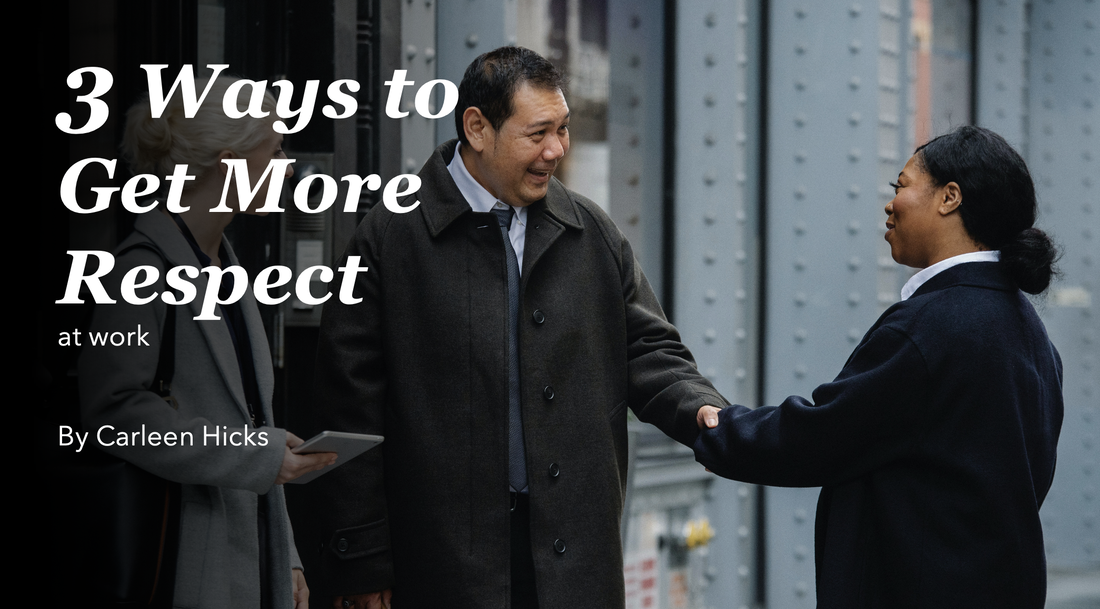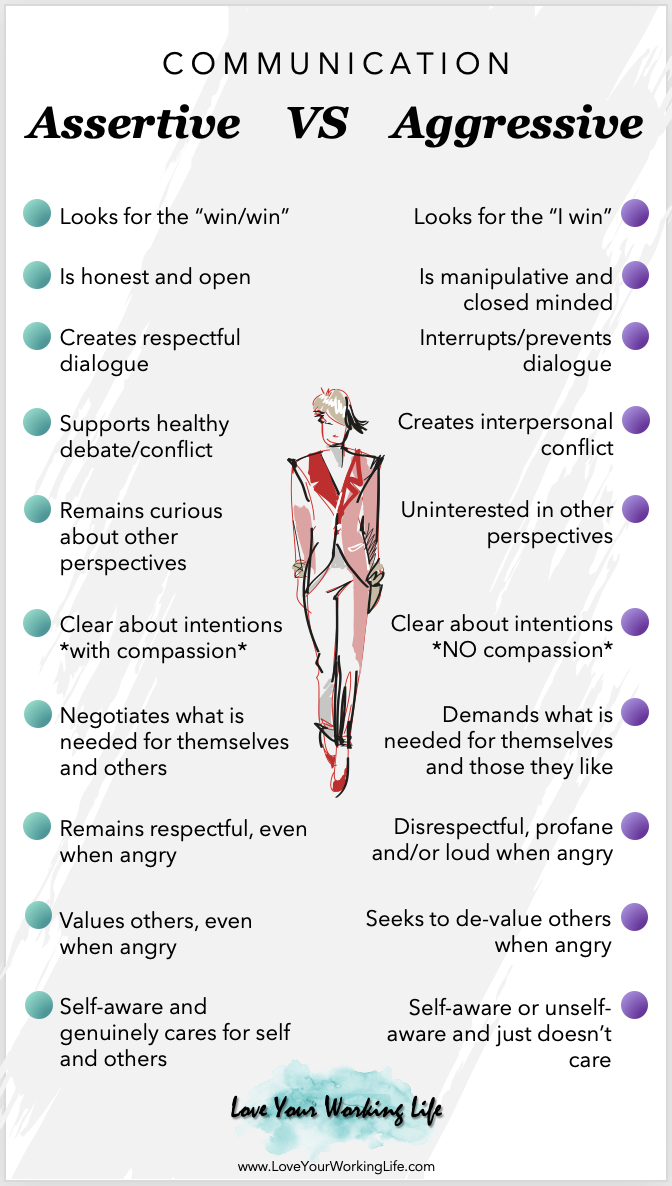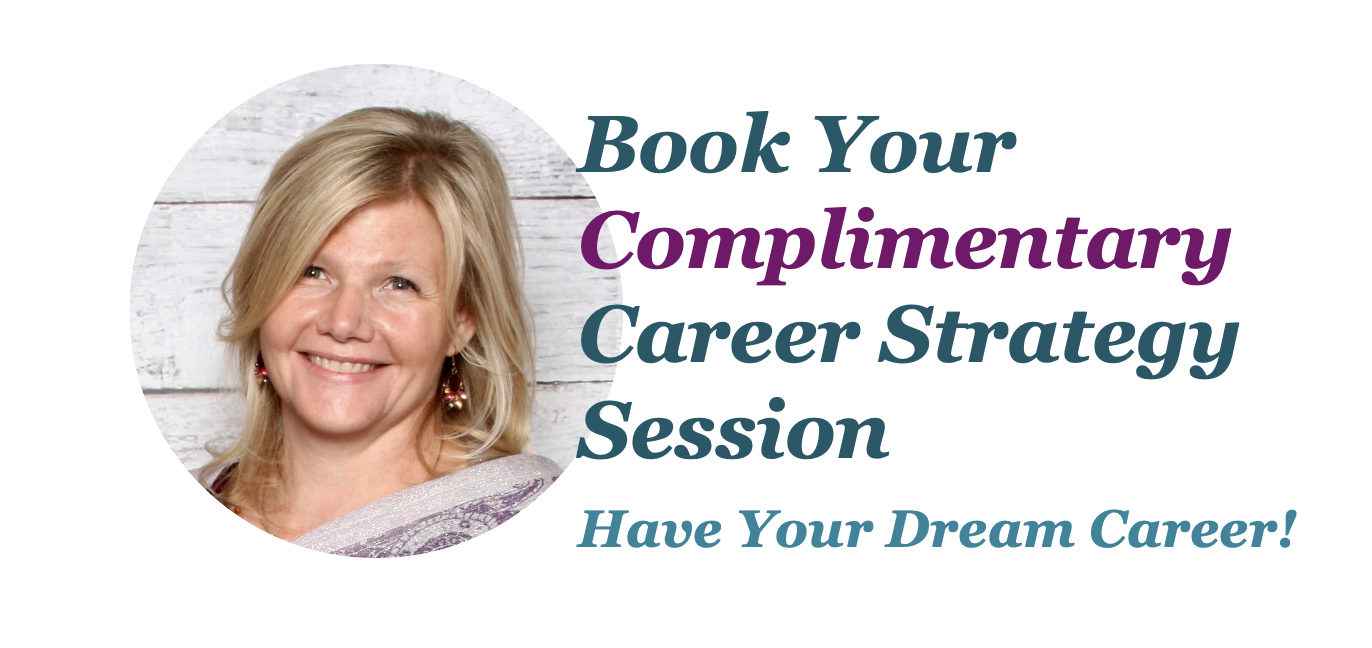|
-
Work With Carleen
- About Carleen
- Is Coaching Right For You?
- Assessment
-
Book Me To Speak
>
-
Workshops That Work
>
- Getting Hybrid Right
- Leading a Hybrid Team Workshop
- Communicating Comfortably in a Hybrid Setting Workshop
- Finding Your Leadership Compass Hybrid Teams Workshop
- Communicating Comfortably in a Virtual Setting Workshop
- Leading in Ambiguity Workshop
- Accomplishing Work Through Others Workshop
- My Values Driven Workplace Workshop
- Working Successfully From Home Workshop
- Working Resilience
- The Many Faces of Unconscious Bias Workshop
- Building A Culture of Trust Workshop
- Finding Your Leadership Compass Workshop
- Foundational Conversations Workshop
- Conscious Conversations Workshop
- Purpose Driven Feedback Workshop
- Dynamic Team Communication Workshop
-
Workshops That Work
>
- Awards
- Client Stories
- Success Without the Self-Destruction
- The Career Edit
- Free Resources
- Referral Partners
- Connect
- Subscribe



